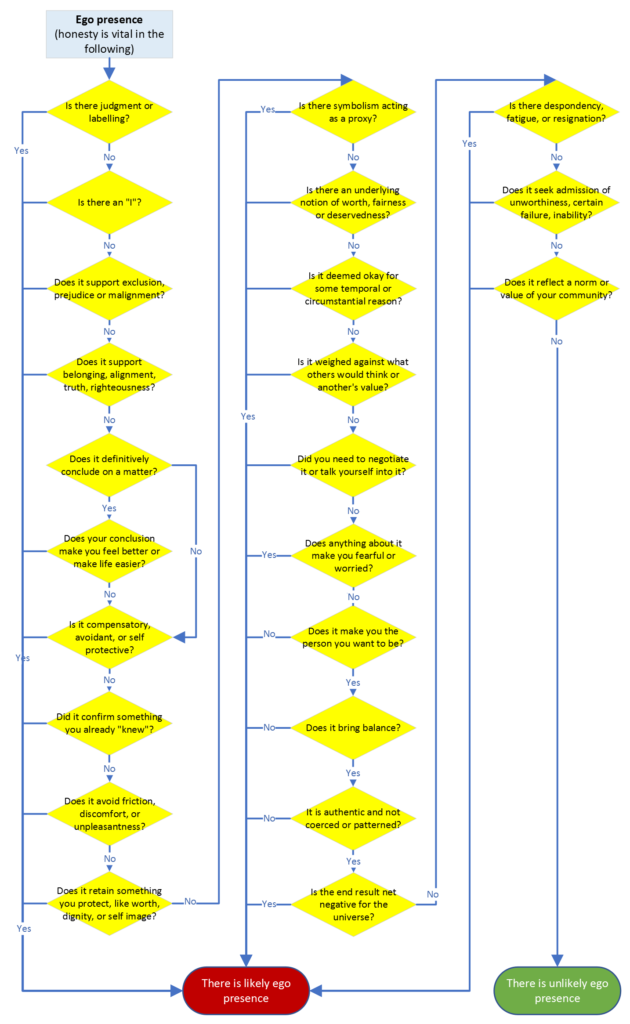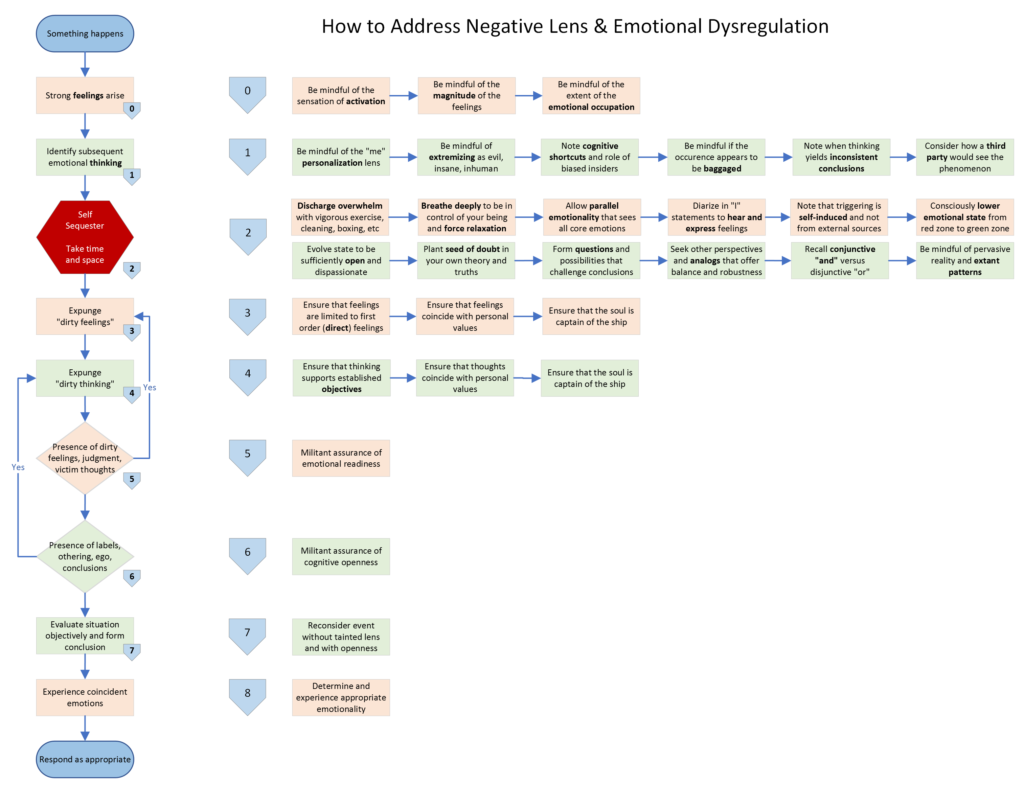Well…I like my partner to be tall, and have nice teeth, be well travelled….oh, and like dogs and brunch.
Partners are not chosen from catalogs or compared to lists, and if they are, they are being slotted in to your life. and/or fantasies. This means you have architected a whole fanciful existence of stuff for you, and you are trying to shoehorn some poor bugger in there. Odds of success are moderate, but the end result will be entirely dissatisfying because this is seeking a life addition and not a relationship.
Before I go on, I should mention that even more determinative than hopes and fantasies are pre-existing marriages. If someone is married when you meet them, you probably won’t hook up. However we overlook the other forms of ‘marriage’ that people have such as marriage to a city, their pet, religion, ego, neighbourhood, profession, people, self-identity, fears, etc., and are unwilling to be flexible about those things so they will certainly occupy some portion of any future relationship. If someone would not move cities when you must, or not spend a weekend in a way that doesn’t include their family, they are married and are looking for a threesome to join in that marriage.
The most important and determinative form of marriage is marriage to dysfunction. Dysfunction develops as an adaptation to circumstances. It attempts to improve a situation by building an understanding and controlling the self and environment to minimize pain and suffering. It is most often (mostly) wrong and causes far more issues outside that circumstance, but that’s another blog post. For now, know that marriage to dysfunction is like getting married in Vegas when you were blitzed. You don’t even know you are married. Well, most people in informal ‘marriages’ don’t know they are wed. But from the outset of a new relationship you negotiate in the presence of that dysfunction so it can form a polygamist trio. And often the poor sap on the other end doesn’t even know it’s happening, they just accept it as “who I am”, and fall back on blanket notions that acceptance equates to love. That isn’t true. Fighting against and divorcing dysfunction is the hallmark of a truly progressive and powerful dynamic. If your partner isn’t the person who helps you identify and extinct your adaptations, why are they called “partner”?
The most successful relationships are where two people show up exactly as who they are and act authentically to co-create a new beast called a relationship. Think 2 dots that are forming a line between them. If a line is already made and one dot is walking around wielding this big line, that poke ain’t gonna be pleasant. It’ll be more like beating that other dot with the stick until she/he relents and accepts what the relationship is without helping to shape it.
Show up as you. Be authentic and silence your ego. Give the other person space to express their free will without your demands or coercion. If you’ve shown up authentically and built something great, you have got yourself a high quality relationship whose probability of gratification is exceptional, because you both made it together as yourselves.
Relationships are most gratifying when they bring out the version of us that we enjoy most. This can only happen when both people are authentically present in the formation of the relationship, self representing, and able to be themselves without unhelpful lists and fantasies. So show up with your full life, but be open to any and all changes that feel right, including those that upend the marriages that only serve your fears and inertia.




